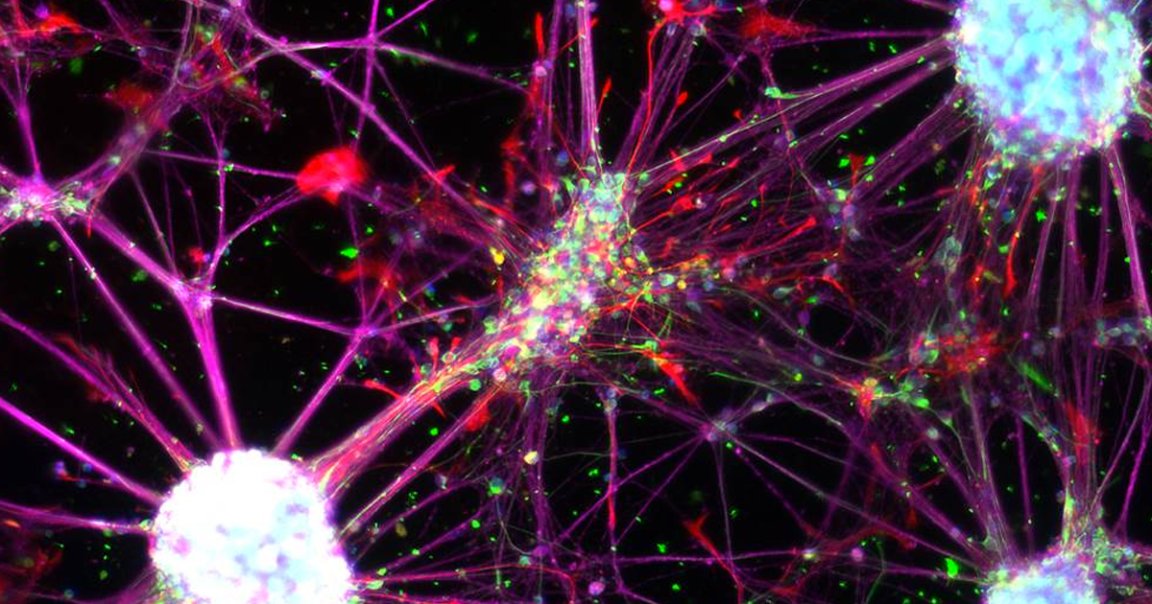
Stem Fatale
Doctors could soon be able to grow new brain cells, which would help treat people with strokes or other neurological conditions, using just a small blood sample.
Scientists from Heidelberg University Hospital in Germany and the University of Innsbruck in Austria figured out how to reprogram mature human blood cells into neural stem cells. Scientists have reprogrammed stem cells before, but these new cells are the first ones that can continue to multiply and propagate in the lab thanks to specific genetic tweaks, according to research published Thursday in the journal Stem Cell.
Brain Trust
The scientists hope that their findings will improve regenerative medicine, a kind of treatment in which new cells help rejuvenate the body. Specifically, the neural stem cells could grow into either the neurons found in the central nervous system or the glial cells that support and protect those neurons. Both could help treat people who have survived strokes or been diagnosed with neurological diseases.
Previous research that reprogrammed cells into stem cells was never as useful in a medical context because those cells couldn’t continue to multiply, and sometimes grew tumors called teratomas, according to the research.
Cell Culture
While this new type of stem cell shows promise for future regenerative medicine, there’s still a ways to go.
Additionally, it’s important to note that the team’s findings show only a new method of programming stem cells, rather than any actual medical applications. But given recent years’ progress in stem cell research and utility, it’s safe to assume doctors will want to find a way to use these new cells soon.
READ MORE: An important step for regenerative medicine: Human blood cells can be directly reprogrammed into neural stem cells [German Cancer Research Center]
More on stem cells: Robots Can Grow Humanoid Mini-Organs From Stem Cells Faster And Better Than People